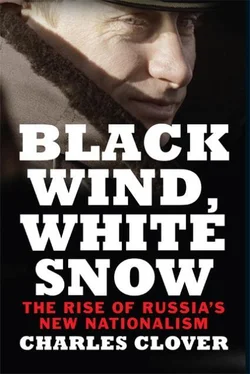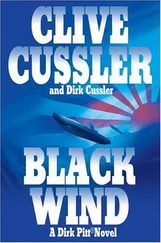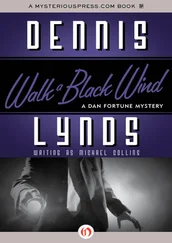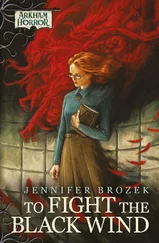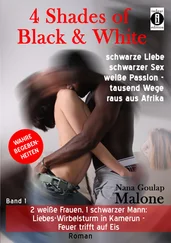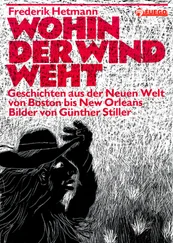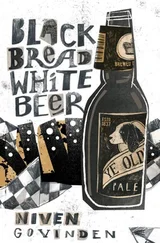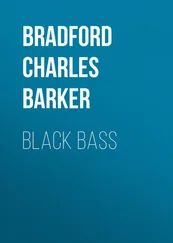In September 2013, Putin again referred to Russia as a ‘civilization state’ in an address to the Valdai forum of journalists and Russia experts. He made his most specific comments yet about his vision for Eurasian integration: ‘The twenty-first century promises to be the century of great change, the era of the formation of major continents of geopolitical, financial, economic, cultural, civilizational, political and military power. And because of this, our absolute priority is the tight integration with our neighbours.’ 16He described his proposed Eurasian Union not in strictly trade and economic terms (as he had in the past), but as ‘a project for the preservation of identity of peoples, of historical Eurasia in the new century and a new world… Eurasian integration is a chance for the Former Soviet Union to become an independent centre of global development, rather than the periphery of Europe or Asia.’ Putin’s words appeared to indicate the true ambitions for ‘Eurasia’: that the future belonged to ‘major continents of geopolitical, financial, economic, cultural, civilizational, political and military power.’ In the coming century, in order to matter, you have to be big. In this context, it is significant that the Russian elite has chosen to talk about the idea of a ‘civilization state’ amid profound disappointment with the post-Soviet ‘nation state’ era. And it is equally significant that (like Putin) the way they have chosen to talk about it is through Eurasianism.
* * *
Putin’s ambitions for ‘Eurasia’ – and, to be fair, the West’s ambitions to thwart him – directly provoked the war in Ukraine. Partly, it seems, in an effort to complicate any plans for a ‘Eurasian Union’, the EU offered states of the former Soviet Union association agreements in 2013. Due to concerns that these would undermine Putin’s plans, the Kremlin put immense pressure on heads of state – such as Ukrainian President Yanukovich – to back out of the EU agreement (which Yanukovich did). The Ukrainian president’s fateful decision ignited the ‘Euromaidan’ protests in Kiev, aimed at toppling the Russia-centric government. Following a brutal massacre of protesters by Ukrainian security forces in late February, Yanukovich fled, leaving a constitutional vacuum for several days. Russia exploited this by deploying troops from its Black Sea naval base in Sevastopol, quietly seizing roads and chokepoints. Some months later, Russian irregulars and mercenaries fanned out across eastern Ukraine – the Russian-speaking heartland of Donetsk and Lugansk.
Russia has drawn a red line around its former imperial subjects – a sphere of influence that delineates those countries that will not be allowed into the Western orbit and those that Russia will grudgingly part with. It is interesting to examine this line and see where it passes: it appears to have bypassed the Baltic states, which are immensely strategic, possessing large Russian populations that could be ‘defended’ from fascists and with Second World War histories that leave them vulnerable to the Russian propaganda machine. These could just as easily have been stirred up using the same technology that went to work in Ukraine.
Yet the Baltic states were let into NATO in 2004. Meanwhile the Kremlin chose to fight in 2008 to defend Abkhazia and South Ossetia, which are also not inside its borders, after Georgia signed a membership action plan with NATO (and attacked South Ossetia, giving Russia a clear casus belli). That the Kremlin is driven to defend territories that are not in all cases Russian, but does not ‘defend’ Russians in other states, is indicative: there are certain parts of the former Russian Empire that are seen as ‘ours’ and certain parts that are not. This dividing line appears to follow a strategic and cultural logic strikingly in tune with the theories of the Eurasianists who drew cultural frontiers across Eastern Europe, approximately where the Kremlin seems to have done the same.
Other attempts to discern logic in the Kremlin’s recent behaviour tend to fall into two camps, both of which deny that Putin is following any sort of ideological or strategic doctrine. First the ‘realist’ camp, which sees Putin acting in accordance with a naked concept of Russia’s interests, and which regards the invasion of eastern Ukraine as a clever gambit in the face of Western weakness (or else as the least bad option in the face of Western provocation). The second camp argues that rather than a rational and calculating chess master, Putin is an emotional, rash, short-term crisis manager who panders to Soviet nostalgia and is interested in accomplishing mainly internal political goals: keeping his reputation and propping up sagging approval ratings. It contends that there is nothing as coherent as a strategy.
Neither of these approaches tackles what Putin is hoping to achieve or credits the Kremlin with a strategy. The realists tend to be vague on the question of what Russia’s interests actually are (aside from being whatever the Kremlin happens to be doing that particular day), making their observations hard to falsify, but also not very useful. They also fail to explain the sea-change that has occurred in Russian politics – formerly, the Kremlin trod lightly in the so-called ‘near abroad’, for fear of the economic consequences. But suddenly, a foothold in Ukraine is worth a plunging rouble and billions in sanctions-hit revenues.
The opposite point of view – which portrays Putin as a stopgap catastrophe delimiter, subsumed by knee-jerk imperial nostalgia – gives short shrift to the evident calculation that went into the conquest of Crimea. It was undertaken in the short space of the 48 hours when Ukraine was in the grip of a constitutional vacuum following the exit of President Yanukovich, itself provoked by the desertion – for reasons still not very convincingly explained – of his bodyguards. It also does not explain the evident care that the Kremlin has taken in choosing which battles to fight and which not to – clearly ‘Soviet’ nostalgia is not the issue, because Russia has parted with some bits of the Soviet Union with relative equanimity. Russia has put a great deal of thought and calculation into its moves in the near abroad, moving with lightning speed in the case of both Crimea and South Ossetia and taking advantage of (or perhaps creating) once-in-a-lifetime windows of opportunity for conquest.
Looking at Russia’s recent behaviour through the lens of Eurasianism – the goal of protecting Russia’s civilizational identity – makes a lot of the current behaviour snap into focus and gives a consistent explanation as to which battles the Kremlin has chosen to fight, which ones it has chosen not to, and how it has fought them. Never mind that the whole idea of a civilizational identity is tendentious at best and totally contrived at worst. The most important aspect of Eurasianism is not its merits, but the consensus that it appears to enjoy across the Russian elite.
* * *
Speaking by phone with US President Barack Obama in the wake of Russia’s invasion of Crimea, German Chancellor Angela Merkel reported that Vladimir Putin, with whom she had just come off the phone, was ‘in another world’. The following day, Putin appeared on Russian television to rant about CIA subversion. ‘They’re sitting around a puddle in the US and playing with Ukraine like rats’, he said. He went on to offer contradictory theories about the overthrow of President Vladimir Yanukovich and to deny that Russian soldiers had even occupied Crimea: ‘You can buy those uniforms everywhere.’ Any doubts about what was going on in Putin’s head, however, were put to rest a year later when, in a documentary broadcast on 16 March 2015, the first anniversary of the Crimea occupation, he let on that he had known all along that the uniformed and balaclava-clad occupiers had been Russian troops, who had fanned out across Crimea on his orders.
Читать дальше
